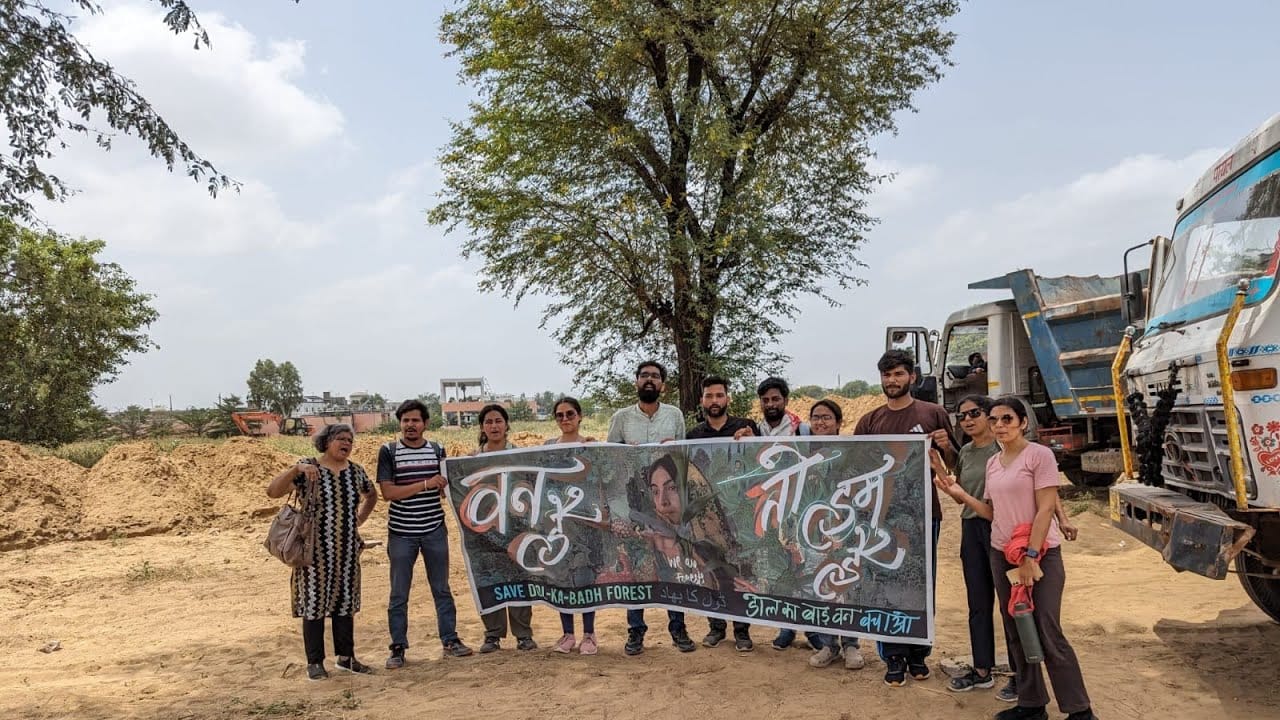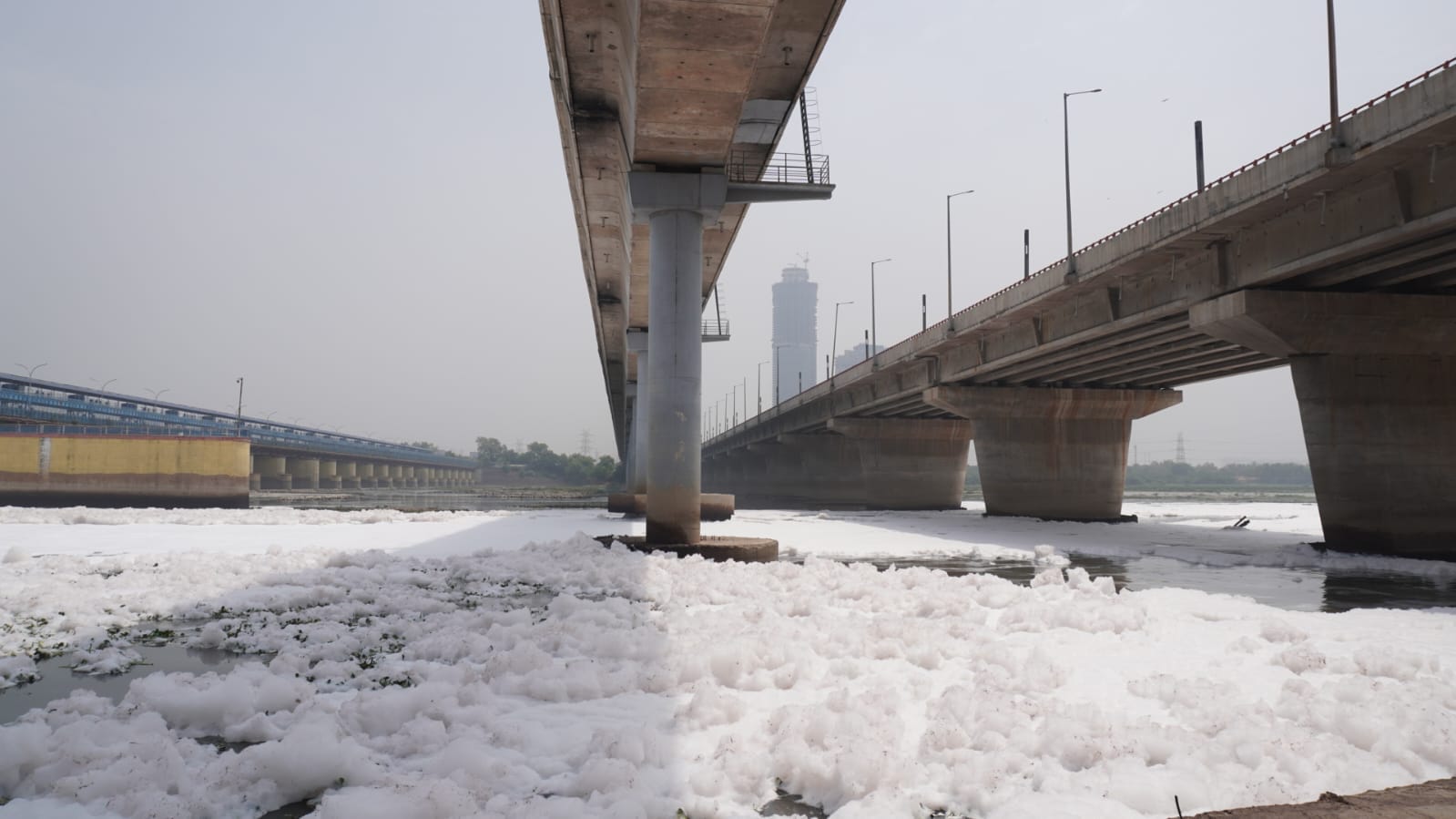If a decade ago, environmental changes and concerns around the depletion of natural resources were non-apparent or insidious, in the last few years, these concerns have gradually become more evident, and their nature of manifestations have only aggravated through these years. Be it the Kedarnath Flash Floods of 2013, the yearly, often fatal, heat waves in the month of May and June, or the more recent Kerala Floods, 2018, Water Crisis in Chennai in 2019, the Amazon Rainforest Wildfires in 2019 and the Gospers Mountain fire in Australia in 2019, our surroundings have morphed into spaces of greater risk to personal health and social life of humans, flora and fauna.
While most of these environmental issues/disasters would be made to seem like ‘natural’ phenomena, their consequences often lead to grave socio-political changes in the society, affecting livelihoods of people, especially those living marginalised lives. For example, indegenous groups which are directly dependent on the environment for everyday food, sustenance and health-care are often highly affected by the increasing environmental risks.
But how is environment, which is a shared concern for all communities across the globe, specifically important for the feminist movement?
While ecofeminism (which argues that the subordination of women and the degradation of the environment are consequences of patriarchy and capitalism) is a rapidly developing branch within the feminist discourse, however, the concerns for feminists must not limit itself within the spheres of contemplative sustainability, but rather, carry these conversations further not only for a better future for our next generations, but for a healthy and habitable present for the existing marginalised people who are often made the scapegoats for the privileged to combat environmental risks. The feminist movement is not limited to fight against women’s oppression solely, but it encompasses and stands by all other movements, including the environmental movements, which are fighting to alleviate the socio-political gaps in order to build a safe and sound world for all.
For June 2020, FII is looking for article submissions on the topic of Feminism And Environment, to highlight the diverse range of experiences which we often confront while interacting with our natural as well as social surroundings. Here are some possible pointers which might help you write your articles,
- Intersectionality and Inclusivity w.r.t. Environment (Cleaning and Care: Caste, Gender, Class)
- Laws and Policy and their impact on Indigenous Lives
- Resources: Distribution and Depletion (Water, Air, Food)
- Environmentalists: Biography and work
- Women’s work and the environment (nature/culture debate)
- Science and Technology or Biotechnology and the Environment
- Health, menstruation, SRHR and environment
- Waste and its intersectionality (Who cleans, smells and creates)
- Ideas: Sustainability, Recycling, Reusing, Conservation
- Local conditions: State/Community
- Discrimination, violence, displacement and the environment
- Agriculture and environment
- Feminism and environment/Ecofeminism: Why should the feminist movement care? Where do they intersect?
- Farmers and Fisheries
- Nature and human gaze: Zoos, Parks, Biodiversity reserves; At what cost?
- Women environment and development (WED)
- Movements; History of movements
- Contemporary protests
- Indigenous lives and their contribution and the violence against them
- Climate disasters and state responses (Forest Fires, Cyclones, Earthquakes)
You can send us your submissions to pragya@feminisminindia.com. This list is not exhaustive. Please feel free to write about other topics, which we might have missed listing. We understand that some of you might be uncomfortable writing about your personal experiences. You can let us know in your submission mail whether you would want to remain Anonymous when we publish this.
About the author(s)
Feminism In India is an award-winning digital intersectional feminist media organisation to learn, educate and develop a feminist sensibility and unravel the F-word among the youth in India.




